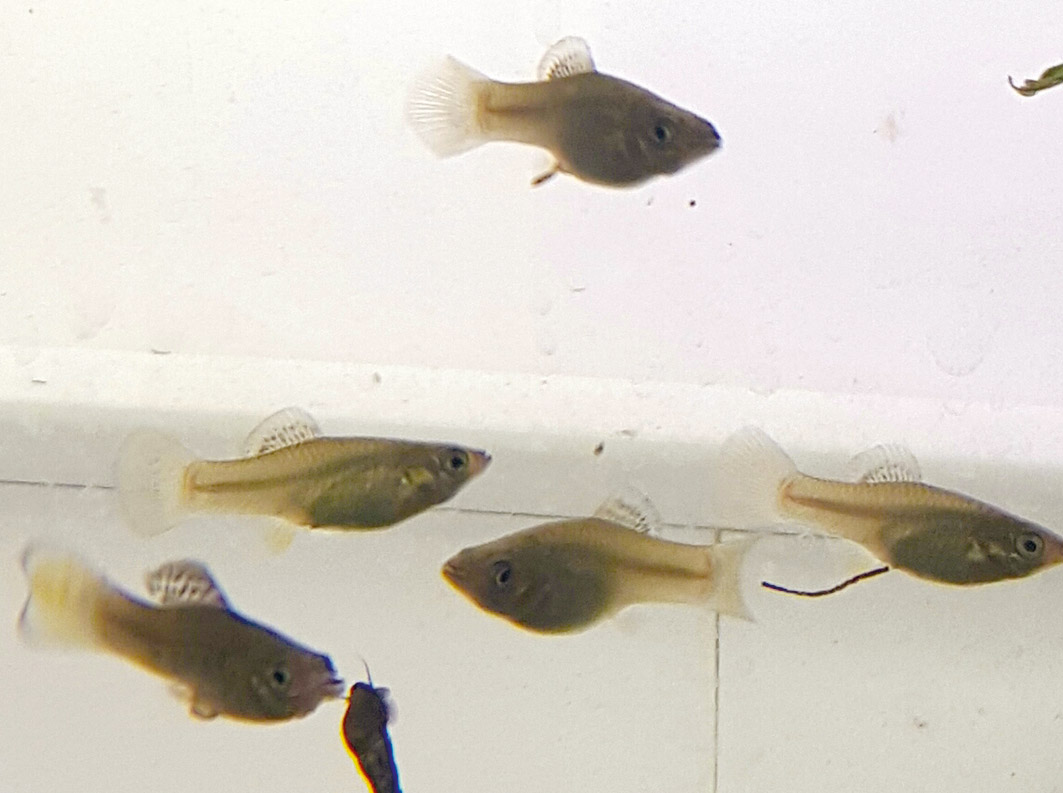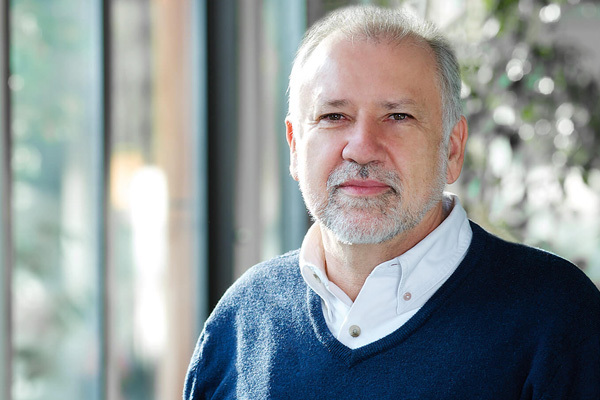Stress & Epigenetics: Epigenetic effects of parental stress in offspring
Dr. Amber Makowicz — Hector Fellow Axel Meyer
The project focuses on the influence of environmental stress on epigenetic changes in gene expression. Using fish models, the influence of stress in parents on long-term maladaptive behavioral changes in subsequent generations will be investigated.
In this project, the Hector Fellows Thomas Elbert and Axel Meyer together with the postdoctoral fellow Dr. Amber Makowicz (University of Konstanz) are conducting research.
Chronic stress has been related to major mental disorders through changes in the HPA axis (an important stress response found in all vertebrates) and is most notable through changes in DNA methylation. The most common mental disorders that occur from chronic stress are depression and anxiety, although other psychopathological disorders may also occur. Mothers are thought to be the primary influencer of offspring development, especially in regards to neurodevelopment. Evidence is mounting that suggests that some of these epigenetic effects may even be transmitted transgenerationally and would thus be directly affecting evolution.
Poeciliids as a Model System
Poeciliids are great models to test the effects of stress: they are small, livebearing fish that have short generation times. There is no parental care in any of the species, which provides a perfect control for the potential influence of parental behaviors on the offsprings’ behaviors. Most importantly, however, is that some species are matrotrophic featuring a placenta-like structure and are able to transfer additional nutrients to offspring during pregnancy, while others are lecitotrophic and show no additional maternal transfer beyond the yoking of the egg.
The goal: To test the effects of stress on long-lasting maladaptive behavioral changes in offspring of stressed parents and determine how long these changes might be transmitted to subsequent generations. This research will allow us to better understand how environmental stressors influence gene expression and behaviors of offspring.

Poeciliids as an appropriate model system
Dr. Amber Makowicz
PostDocStress & Epigenetics
How fishes contribute to the treatment of post-traumatic stress disorder
An interdisciplinary research project by Prof. Dr. Axel Meyer & Prof. Dr. Thomas Elbert
Supervised by

Axel Meyer
BiologyHector Fellow since 2011

Thomas Elbert
Psychology

